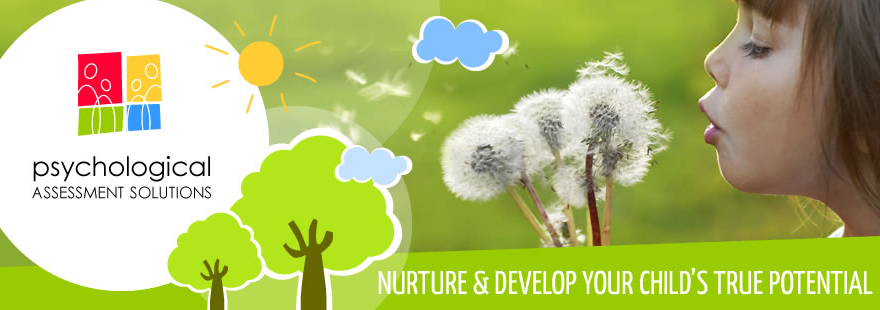1. Advanced Development
A young gifted child frequently achieves certain milestones such as first speech and walking much earlier than other children. They may also have a greater vocabulary than other children of the same age and love to define words, read books and can often be self taught readers at pre-school and kindergarten.
2. Early Intellectual Talent
Gifted young children can have a very good memory and can learn simple math, science and social studies concepts eagerly. They may also grasp onto a particular topic (Space and planets for example) and have an amazing understanding of the subject! They can also simply have a wide interest in everything and a thirst to learn all they can moving from one area to another very quickly.
3. A Thirst for Knowledge
Gifted children often have a drive to learn and a ‘thirst for knowledge’. Without having any particular agenda, gifted children often want to discover and learn for the sake of discovering like a true scientist or philosopher. They may study everything or pull toys and devices apart to see what makes them work. Or they may be overly interested in simple things then discard them quickly looking for a new learning challenge.
4. High Level of Activity
Unlike hyperactivity which can often have no focus just amazing amounts of energy, a gifted child can often be very active and have a reduced need for sleep as they divert this energy to a purpose. Also, unlike hyperactivity a gifted child may have a long attention span when they find something of particular interest.
5. Cautionary
A gifted child may have a great ability to read more into situations and the future than their peers. Because of this they may seem to hold back in new situations as they work out the implications and possibly worry about the possibility of failure. While this may make them appear shy or slow, a gifted child can show their true ability by answering questions brilliantly or excelling at the task given.
6. Sensitivity
Some young gifted children can be very sensitive, general anger or criticism is taken personally; they suffer along with the starving children on TV, the injured animal, etc. and when overloaded with impressions, may become introverted and withdrawn.
7. Uneven Development
Some children are gifted in a narrow field while others have a more ‘all round’ aptitude; however there is often a large gap between their mental, social, physical and emotional development. This can lead to frustration and confusion on the child’s behalf as their advanced mind may be trying to grapple with concepts they are not emotionally advanced to deal with. Examples may be over concerned with death, the future or sex. Also their manual dexterity may lag behind what they are trying to achieve in a task.
8. Can Distinguish Between Reality and Fantasy Early
This may lead to discussions on, and the acceptance of, the inevitability of death; the frequent need to analyse stories to see which parts “really could happen” and awkward questions about Santa and the tooth-fairy!
9. Early Insight Into Social and Moral Issues
Some gifted children have a highly developed social conscience and can become worried about war, pollution, injustice and violence. They can often see through adult hypocrisy and can become angry and scared when they see that adults are inconsistent and unreasonable.
10. Greater Reasoning Power and Manipulation
A young gifted child tends to use their verbal ability rather than actions when communicating, this means you can often reason with a gifted child from a young age. This ability with their greater logical prowess and understanding of relationships can sometimes lead them to understand the benefits of dishonest behaviour such as lying, stealing and cheating. Being able to manipulate adults can be a very disturbing feeling for a child however, since they need a parent’s security.
11. Individuality
A great number of gifted children can be seen as “odd” or unconventional and learn in different ways. Strictly organising a child like this can hamper their development as they need some time to do their own thing to bring forth their creativity.
12. The Importance of Adults
Gifted children may not be interested in very structured activities or meeting other’s standards, often preferring to develop their own projects. Despite this, adult guidance is very important – to help them determine in which situation it is necessary to conform and when it is okay. to be “different”, to put realistic limits on an often overambitious project, to lend a hand when manual dexterity doesn’t meet mental visions and to avoid self-criticism becoming destructive. Help may be needed to set realistic standards.

